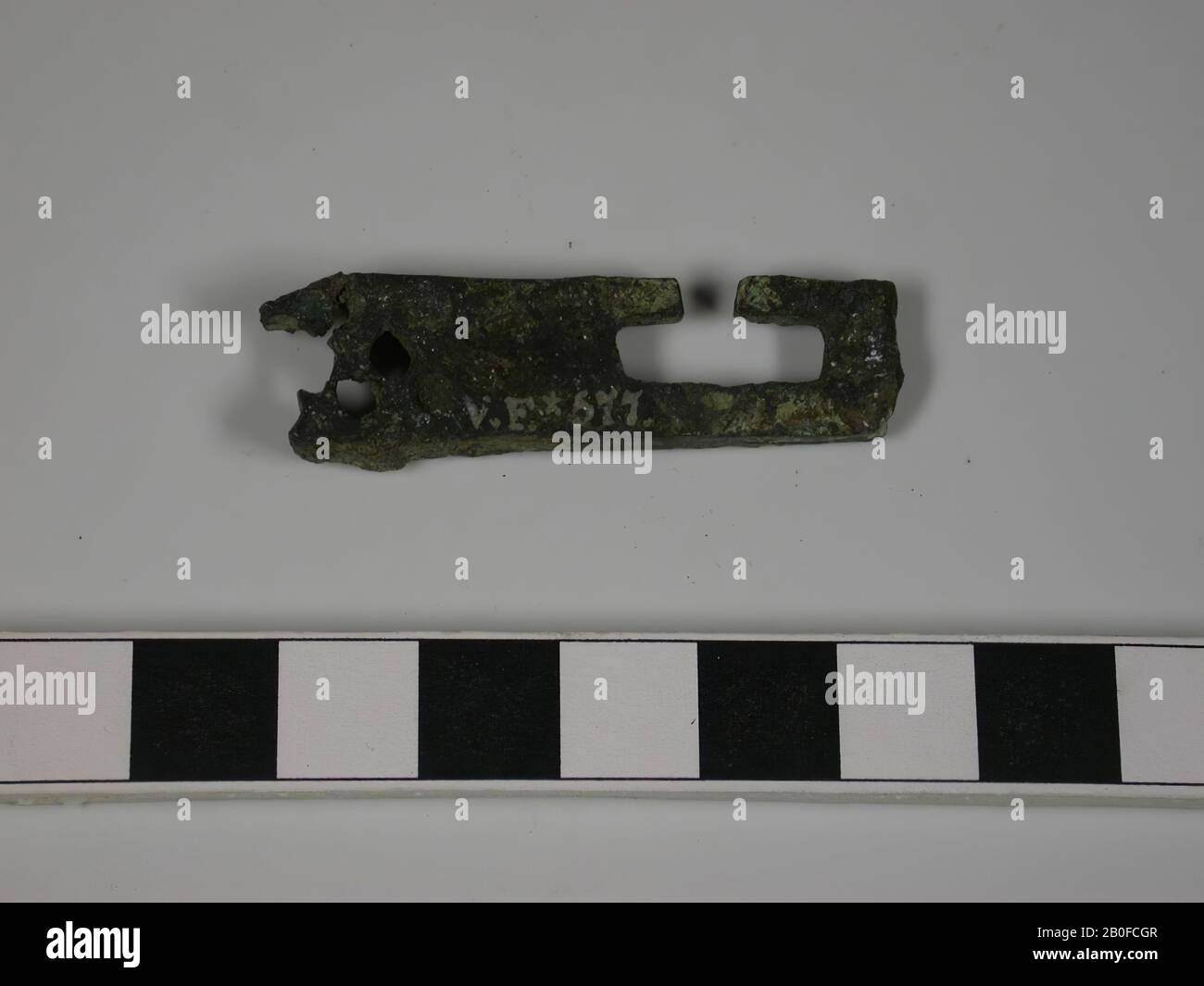Roman Roads Beneath Utrecht's Cobblestones
Walking through Utrecht's medieval streets, one might not immediately realize that beneath the cobblestones lie remnants of ancient Roman roads. These roads, originally constructed around 47 AD, formed part of the Roman Empire's extensive network, connecting the region to other significant Roman settlements. Archaeological excavations have revealed sections of these roads, showcasing the Romans' advanced engineering skills.
The Roman Castellum: A Fortress of History

In the heart of Utrecht, the site of the former Roman castellum, or fortress, offers a glimpse into the city's ancient military past. Built to protect the northern frontier of the Roman Empire, the castellum was strategically located along the Rhine River. Today, visitors can explore the outlines of the fortress, which have been integrated into the modern cityscape, providing a tangible connection to Utrecht's Roman heritage.

Artifacts Unearthed: Everyday Life in Roman Utrecht

Excavations in Utrecht have uncovered a wealth of Roman artifacts, from pottery shards to coins, that paint a picture of daily life during Roman times. These items suggest a bustling settlement with trade links extending across the empire. The discovery of Roman glassware and jewelry indicates a community that enjoyed a variety of goods, reflecting the cultural and economic integration of the region into the Roman world.
The Influence on Utrecht's Urban Layout
The Roman influence on Utrecht's urban layout is still evident today. The city's grid-like street pattern mirrors the Roman approach to city planning, emphasizing order and accessibility. This influence is particularly noticeable in the area surrounding the Domplein, where the alignment of streets and buildings follows the ancient Roman design. This enduring legacy highlights the Romans' lasting impact on the city's development.










